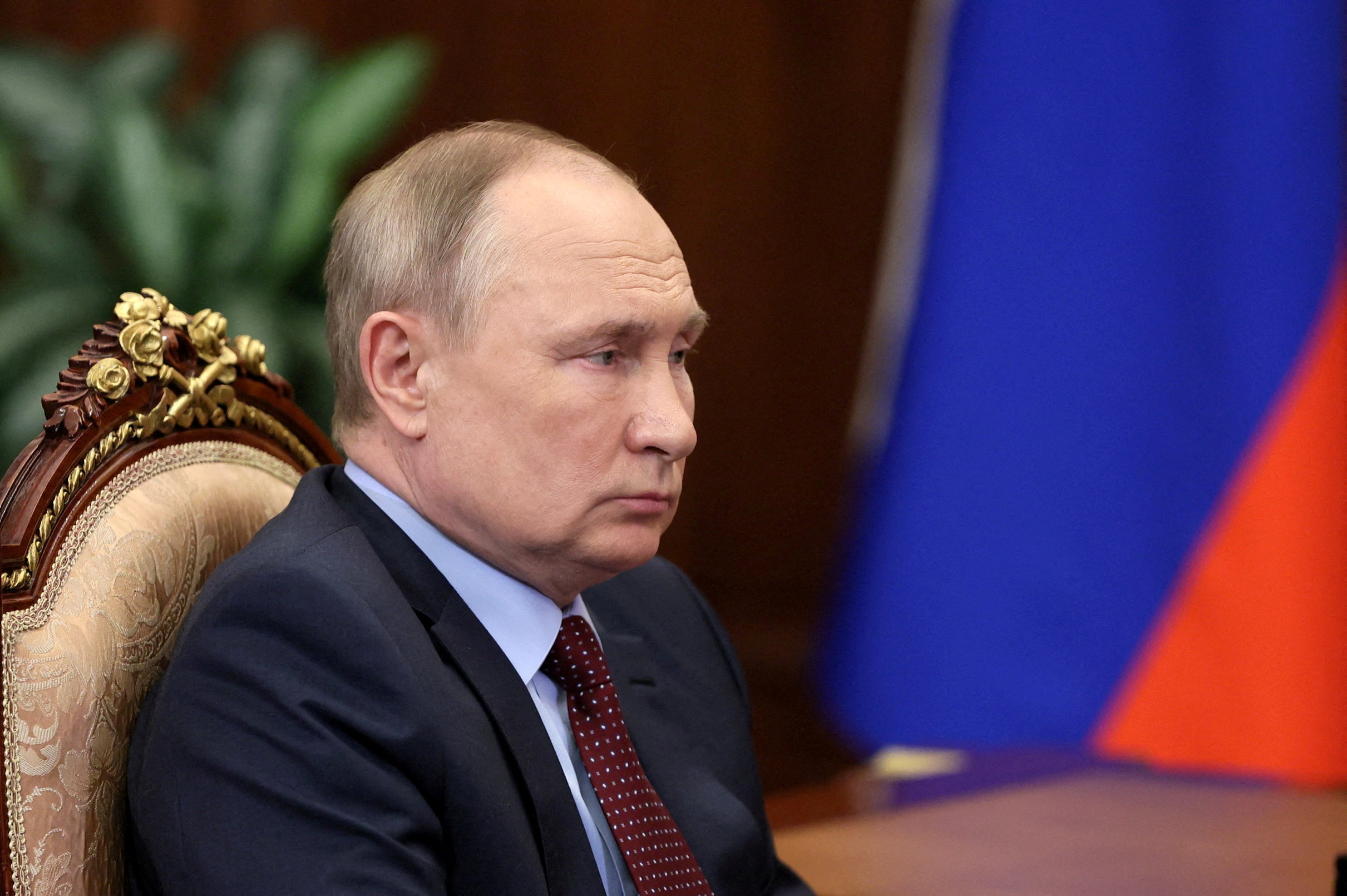
Japan plans to withdraw its pro-Russian trade treatment as part of the sanctions it has been adopting against Moscow for its invasion of Ukraine, as announced on Wednesday by the Japanese government.
“As the G7 statement points out, it has been decided to take action to remove the status of favourable trade treatment for Russia, and we are prepared to take further action on products imported from Russia,” Japanese Executive Spokesman Hirokazu Matsuno told a press conference today.
The spokesman added that Japan “will take appropriate measures” in this context, without specifying when exactly it will begin procedures to strip Russia of its favorable status, for which it will be necessary to adopt a legislative amendment in the national parliament.
The “most-favoured-nation” clause is an agreement established to ensure non-discrimination in trade among members of the World Trade Organization (WTO).
Obtaining this status means that if a country is granted a special advantage, such as a tariff reduction on certain products, the same must be done with the other members, with exceptions.
Russia joined the WTO in 2012 and, as one of its 164 members, Japan had been applying the same tariff rates to the territory on Russian imports as it did to other participating states.
Japan's decision to leave it without preferential status would mainly affect imports of products such as fish and seafood, according to local media.

Japanese imports of such products from Russia amounted to 138.1 billion yen (about 1.06 billion euros) in 2021, around 8.6% of the total, the third highest percentage after China (18.1%) and Chile (8.9%).
The total value of imports from Russia to Japan amounted to 1.54 trillion yen last year (11.56 billion euros).
Rates on liquefied natural gas (LNG) and coal, Russia's main imports to Japan, were zero even before preferential treatment and for the time being the Government would not consider changing them due to its energy dependence and the participation of Japanese companies in farms in the sector.
Japan's energy self-sufficiency is currently around 11% and its supply is heavily externally dependent.
Despite the fact that only 3.6% of Japanese crude oil imports and 8.8% of LNG imports came from Russia in 2021, Japanese companies have strong ties and interests with the neighboring country's energy projects, especially those in Sakhalin.
(With information from EFE)
KEEP READING:
Últimas Noticias
Debanhi Escobar: they secured the motel where she was found lifeless in a cistern
Members of the Specialized Prosecutor's Office in Nuevo León secured the Nueva Castilla Motel as part of the investigations into the case

The oldest person in the world died at the age of 119
Kane Tanaka lived in Japan. She was born six months earlier than George Orwell, the same year that the Wright brothers first flew, and Marie Curie became the first woman to win a Nobel Prize

Macabre find in CDMX: they left a body bagged and tied in a taxi
The body was left in the back seats of the car. It was covered with black bags and tied with industrial tape
The eagles of America will face Manchester City in a duel of legends. Here are the details
The top Mexican football champion will play a match with Pep Guardiola's squad in the Lone Star Cup

Why is it good to bring dogs out to know the world when they are puppies
A so-called protection against the spread of diseases threatens the integral development of dogs




